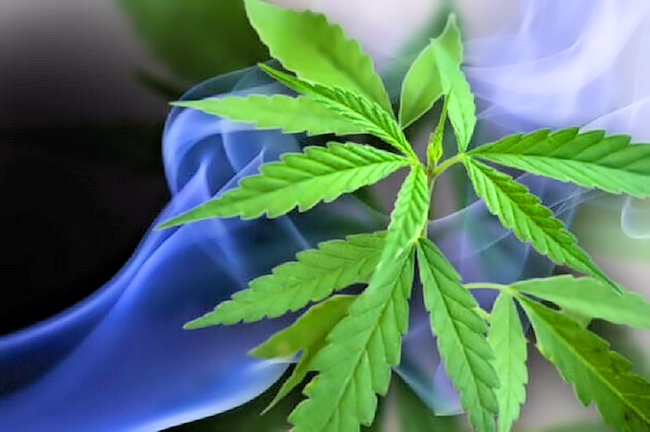A cannabis frenzy swept over Thailand after the government removed it from the narcotics list on June 6. After a confusing initial rollout, here’s where the country currently stands and what you can and can’t do.
If you’re wondering whether you can smoke and consume cannabis in Thailand, the short answer is yes. With the new law, anyone over the age of 20 can possess and use cannabis — but with some rules. Lighting up a joint in a public space can cost you a hefty fine of up to 25,000 baht and face a jail sentence of up to three months.
It’s legal for cafes and restaurants to serve cannabis-infused products. That is, as long as the cannabis extract in the products contains less than 0.2% THC, which is the primary psychoactive compound that makes you high. Extracts that contain more than 0.2% of THC are still illegal. The non-psychoactive CBD compound, on the other hand, is less controlled.
Cannabis flowers aren’t considered extracts, so they don’t have to contain less than 0.2% THC. This is why you can find many businesses offering high THC cannabis flowers over the counter and even via delivery.
From cannabis-infused Thai curries and pizzas to cannabis brownies and gummies, the options of cannabis products continue to grow. That’s why it’s pretty easy to find a business offering “relaxing” treats, while many businesses offer delivery as well under the condition that they ID you upon delivery to make sure that you’re not under 20 years old or pregnant.
Meanwhile, the Thai parliament is now considering a more comprehensive draft law on cannabis regulation, with new government bills introduced to clear blurred lines. Advocates predict that the laws governing use will become more relaxed in the upcoming years. Anutin Charnvirakul, Thailand’s Public Health Minister, also stated that he was open to the further liberalisation of the plant.
The Thai Cabinet is extending the country’s excise diesel tax cut for another two months after diesel prices hit Thailand hard this year. The amount of five baht per litre will be extended from September 21 to November 20.
The elimination of excise tax on bio-diesel and bunker oil used to generate power will also continue from September 16 to March 15 next year. The Director-General of the Revenue Department, Ekniti Nitthanprapas, said the cut is necessary to relieve the burden on consumers and businesses.
Government spokesperson Anucha Burapachaisri said on Tuesday that the cabinet also approved a 300 million baht cooking gas subsidy, which will be implemented between October and December this year.
This news comes after Thailand has already spent over 200 billion baht on subsidies for diesel and gas. Thailand’s current diesel price is almost 35 baht per litre. But even prices lower than this have been considered too high by many. In April, when the price cap went from 30 to 32 baht per litre, angry truck drivers rallied in front of the Government House in Bangkok.
Source: The Thaiger


